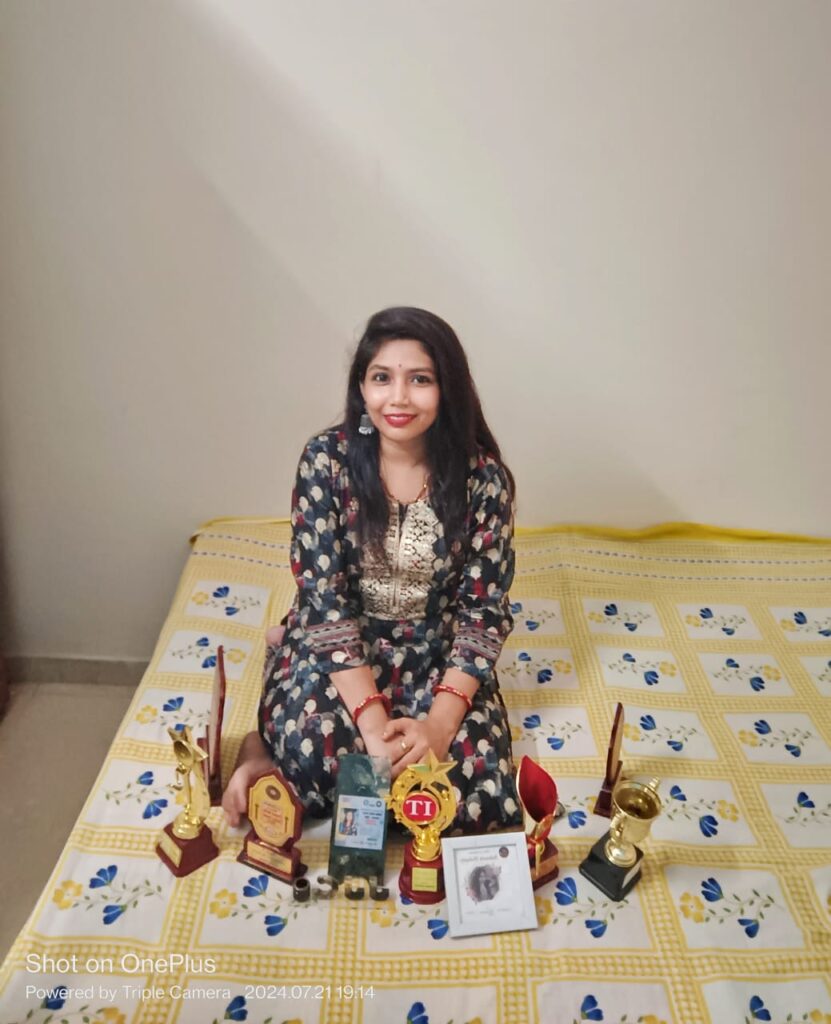
Have you ever been expected to come up with a great idea but found yourself facing a creative downfall? You can’t think of anything and struggle to generate good ideas?
We’ve all experienced those frustrating moments when our creativity seems to abandon us. In those times, we often turn to others for help, only to be met with more frustration and irritability when our ideas fail to materialize.
As a writer, I’m well-acquainted with this feeling that holds me back from creating. I’ve also learned how to overcome the limiting beliefs that keep us stuck.
“The worst enemy to creativity is self-doubt.” It’s important to remember that while external circumstances may be out of our control, the solution often lies within us.
Psychologists argue that creativity isn’t something people are born with; it’s a skill that can be learned and developed through practice, much like muscle memory.
Let’s explore the root causes of creative breakdown and how we can overcome them.
Recognizing the Signs of Creative Breakdown
The signs of a creative breakdown can manifest in different ways for different people:
- Lack of Inspiration: One common indicator is a significant decrease in inspiration. For example, a writer who used to fill pages with ease might find themselves staring at a blank screen for hours. Rather than waiting for motivation, it’s often better to keep working; inspiration tends to come naturally during the creative process.
- Loss of Joy: When creativity feels more like a chore than a source of joy, it could be a sign of a creative breakdown. A painter who once found solace in their art may suddenly feel disconnected from their work. As the saying goes, “The creative process is a process of surrender, not control.” By surrendering to the art form and showing respect for it, we often find our joy and creativity restored.
- Repetitive Patterns: Falling into repetitive patterns or relying on familiar techniques can also indicate a creative rut. For instance, a photographer who consistently captures the same subjects may be stuck. Creativity requires an open and free mind; a cautious approach will lead nowhere. Your love for creativity will always find its way out, even when working on familiar aspects.
- Self-Criticism: Excessive self-criticism and perfectionism are closely linked with creative breakdown. Artists may become overly critical of their work, constantly comparing themselves to others and feeling inadequate. This self-doubt hinders the creative process. Confidence is key; practice self-compassion and remind yourself of past successes to boost your confidence and feel more comfortable taking creative risks.
Overcoming Creative Breakdown
- Practice and Persistence: Like any other skill, creativity improves with practice. Keep working, even when it feels difficult, and you’ll eventually find your groove again.
- Change Your Environment: Sometimes a change of scenery can spark new ideas. Try working in a different location or rearranging your workspace to create a fresh perspective.
- Take Breaks: Stepping away from your work can help clear your mind and reduce stress. Engage in activities that relax you and allow your mind to wander.
- Seek Inspiration: Surround yourself with inspiring people, art, and experiences. Engage with other creatives, attend workshops, and consume art in various forms to fuel your creativity.
- Embrace Failure: Remember Brené Brown’s words: “There is no innovation and creativity without failure.” Accept that failure is a natural part of the creative process and learn from it.
- Practice Self-Compassion: Be kind to yourself. Recognize that everyone experiences creative blocks and that it’s a temporary phase. Reflect on your past achievements to build confidence and resilience.
Creative stagnation is a common problem, but it can be overcome. By identifying its causes and implementing these strategies, you can combat creative blocks and unleash your creativity.
I hope this article helps young creators who sometimes fall into the trap of creative block. Feel free to share your experiences and strategies for dealing with creative breakdown with us.


